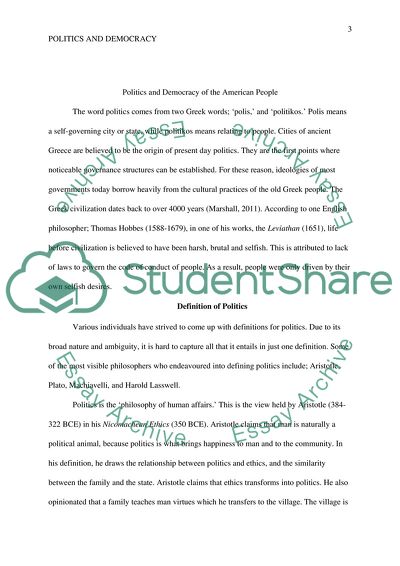Cite this document
(“Political Science Research Paper Example | Topics and Well Written Essays - 1500 words”, n.d.)
Retrieved from https://studentshare.org/social-science/1676836-political-science
Retrieved from https://studentshare.org/social-science/1676836-political-science
(Political Science Research Paper Example | Topics and Well Written Essays - 1500 Words)
https://studentshare.org/social-science/1676836-political-science.
https://studentshare.org/social-science/1676836-political-science.
“Political Science Research Paper Example | Topics and Well Written Essays - 1500 Words”, n.d. https://studentshare.org/social-science/1676836-political-science.


